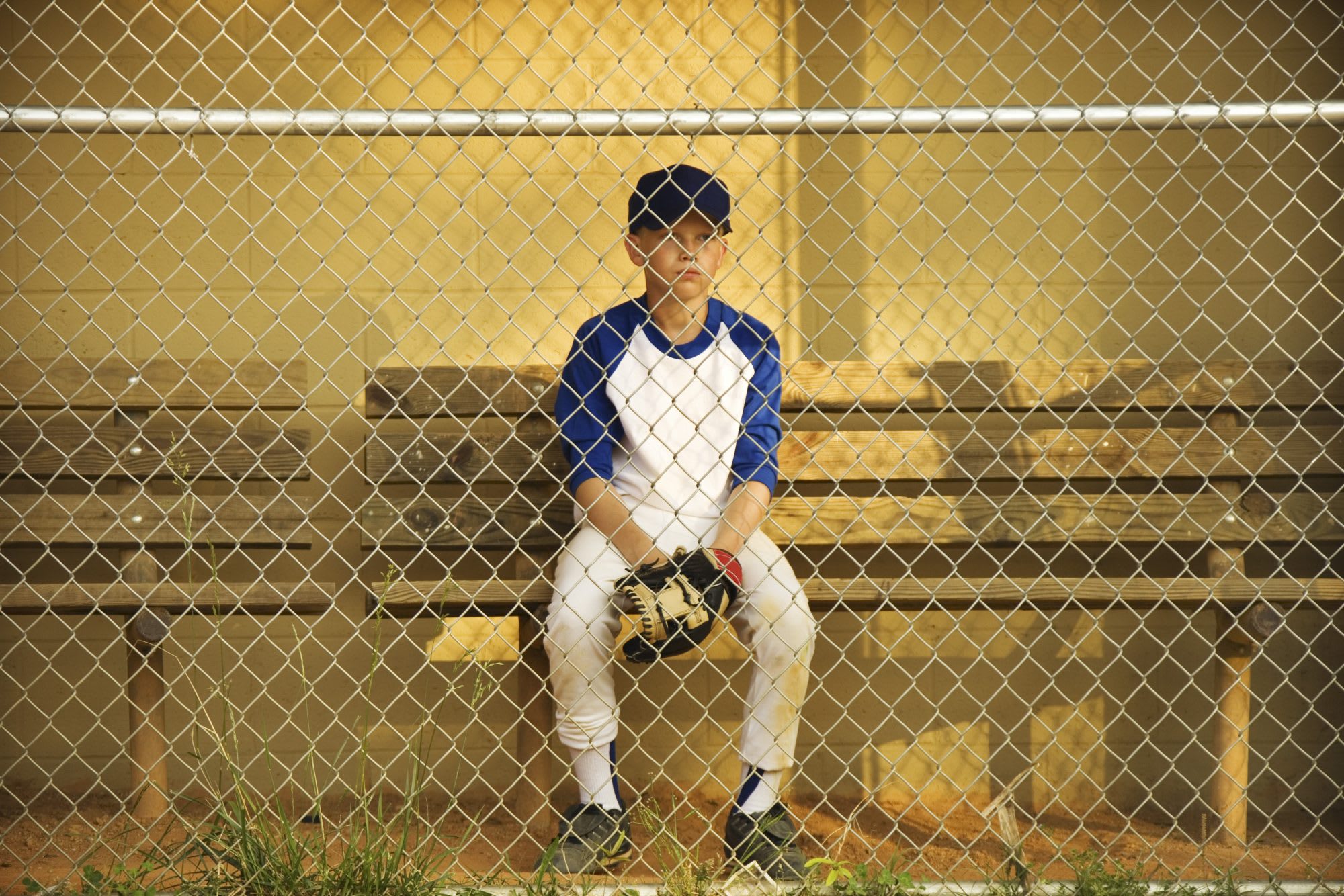
It was early in the season. School was still in. My son had a big game versus the other top team in our league. I am a very competitive person. My son, who was eleven at the time, isn’t, and it’s something I’ve struggled with. I always wanted him to have a little more fire in his belly. I talked about the game the entire week. I asked him each day if he was excited. He’d just give me a quick, “Yep.”
We all knew who the opposing pitcher would be. I reminded my son of the pitcher’s tendencies . . . starts off with two fastballs, then throws something off speed. “I know,” was all my son said. I told him to keep his weight back, and after the two fastballs move up a little in the box. My son was the starting second basemen, and with our pitcher throwing a nice fastball, I told him he was likely going to get a lot of action because the other team wouldn’t be able to pull his pitches. “Be sure to get your glove dirty.”
The night before the game, I went over the game plan again. He was more interested in whatever video was on his tablet. I tucked him in, and whispered, “Get a good sleep. Big day tomorrow!” He just nodded. I got him up earlier than normal the next morning. I made him his favorite breakfast, and had his uniform set out for him. Thinking no player can ever be over-prepared, I asked him if he wanted to go over anything. “I’m good,” he said after he finished his orange juice. Looking back, I didn’t even ask him if he had done his homework.
After school, I watched my son walk down the sidewalk with his friend. They were laughing about something. I met him on the porch, took his book bag, and handed him a note of reminders I wanted him to put in his cap before the game.
We arrived at the field a half-hour before we needed to. I threw him a bucket of balls in the cage. My first two pitches were always fast balls, the third was off speed. He was off. He looked uncomfortable. There were no smiles even when he friends started arriving.
I met my wife and some other parents in the stands. “He doesn’t look right,” I whispered to my wife. “You’re putting too much pressure on him,” she responded. The team took the field, and I yelled, “Let’s go! You got this!” My wife shot me a look. The game started terrible for my son, and didn’t get any better. First inning, he had a ball go right through his legs. “Glove dirty!” I screamed. His first time at the plate, he watched three strikes go by. Second time, he moved up in the box for the second fastball, not the off speed pitch. “What’s he doing!” I said loudly. “Stop!” my wife said through her teeth. Third time up, he managed a weak dribbler to the pitcher who threw him out by a mile.
After the game, my wife went to the concession stand to help clean up. I met my son in the parking lot. “You said you were ready for that game! All that work, all that preparation!” He didn’t say anything other than, “Can I walk home?”
I sat on my porch, and watched him slowly make his way toward the house. The smile that was there just a few hours earlier was gone. My friend whose son was our starting shortstop drove by, and rolled down his window. “Big win!” he yelled as he passed. Yeah, we actually won the game, but that hadn’t been my focus. As my son got closer, I could see he was crying. I felt terrible. It wasn’t till I saw his tears that I realized that my focus on his individual performance was crushing his experience. I took his bat bag, just like I took his book bag after school, hugged him, and said I was sorry. He took his cap off, and out fell the reminder note. I crumbled it up and promised myself to never act like that again.